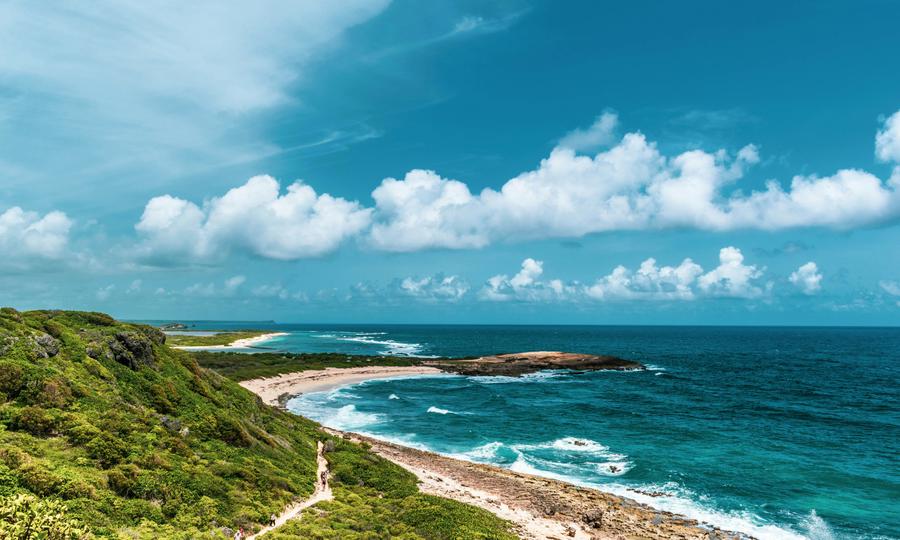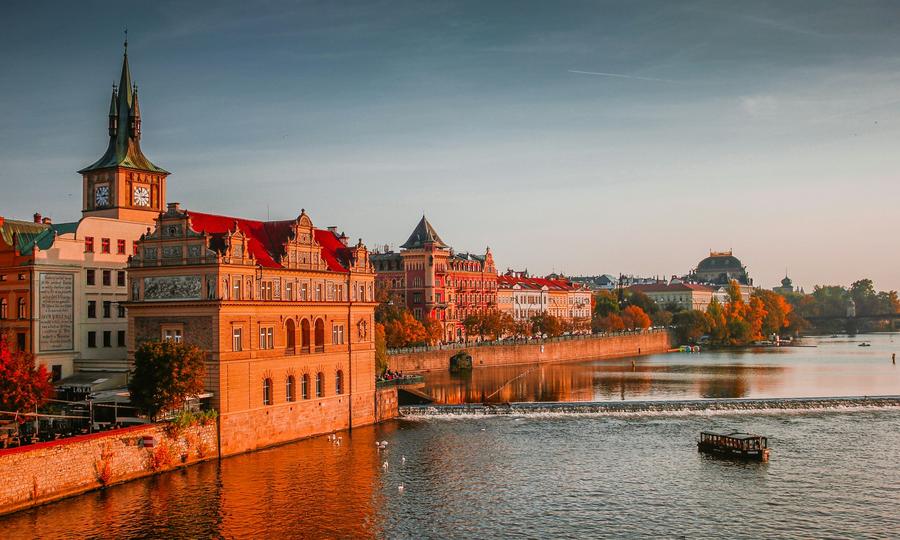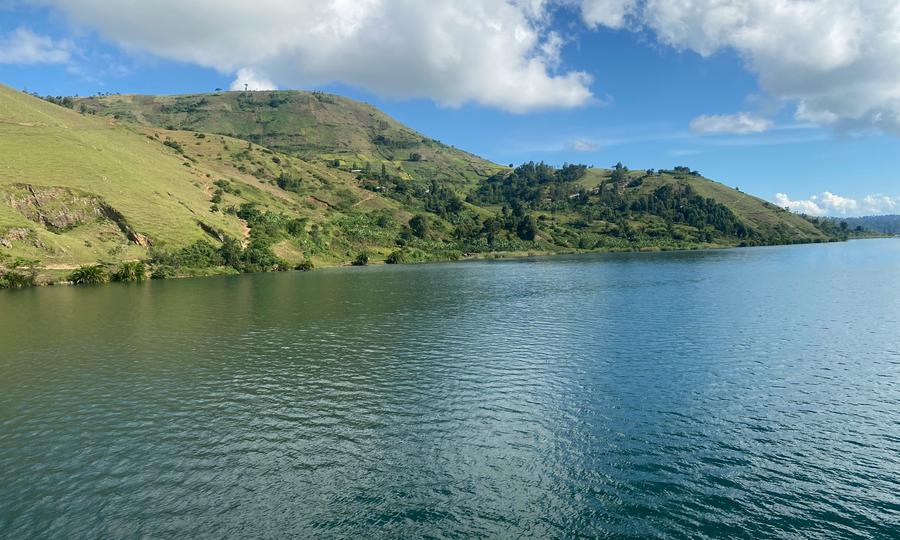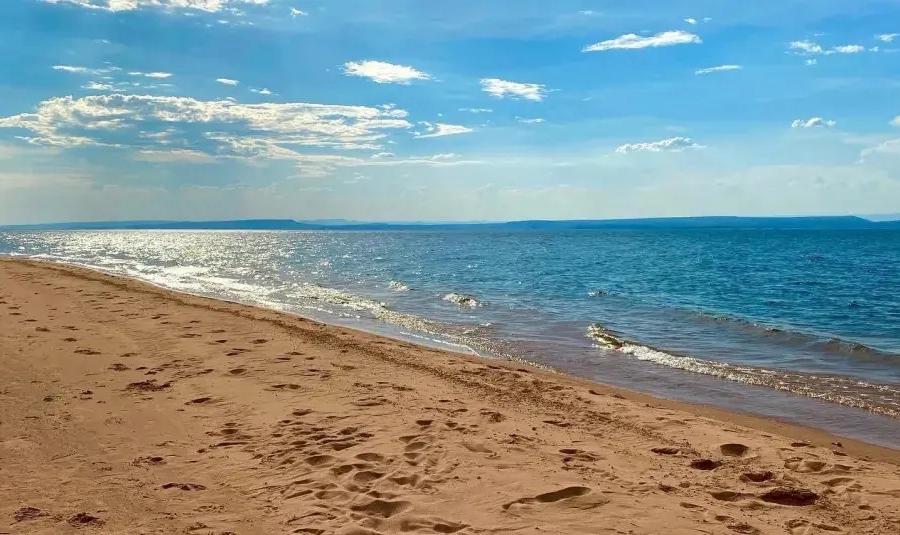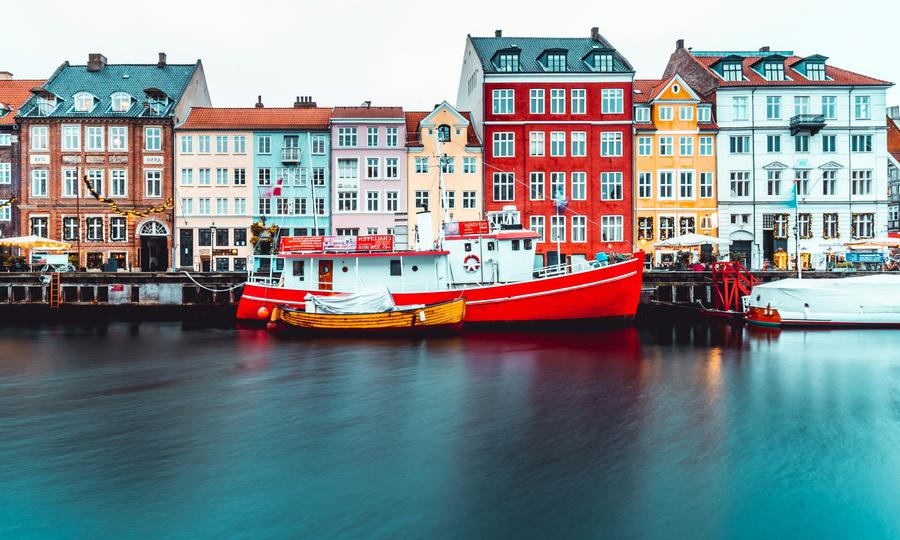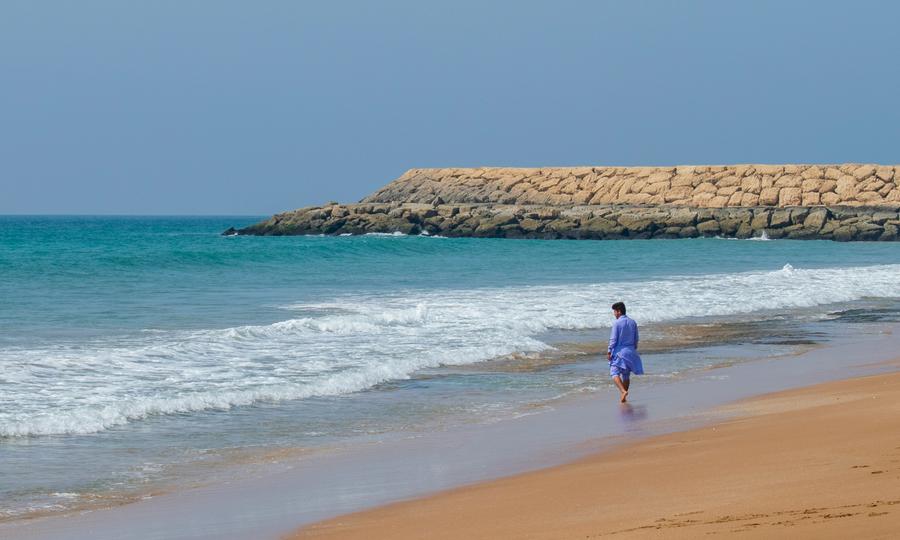Introduction
Guadeloupe, an overseas region of France located in the Caribbean, is renowned for its picturesque beaches and vibrant culture. This comprehensive guide delves into the legal stance on nudism in Guadeloupe, highlights designated nudist beaches, offers guidelines and etiquette, and provides insights into cultural considerations.
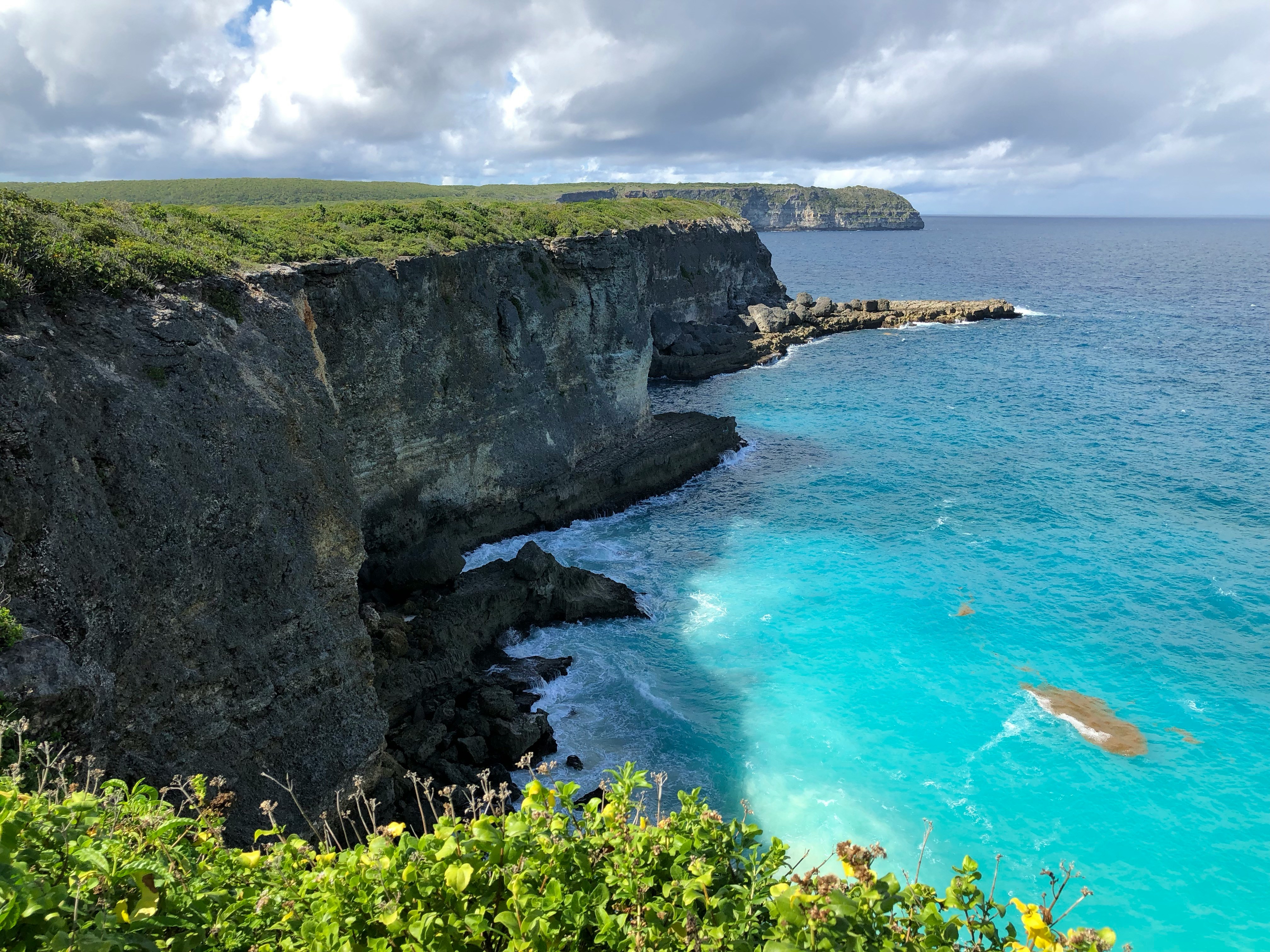
Legal Stance on Nudism
As an overseas department of France, Guadeloupe adheres to French laws and regulations. In France, public nudity is generally prohibited unless in designated areas. This legal framework extends to Guadeloupe, where public nudity is not widely accepted outside of specific locations. Engaging in nudist activities outside of designated areas can lead to legal consequences, including fines or other penalties.
Designated Nudist Beaches
Guadeloupe offers specific beaches where nudism is officially permitted, providing safe and legal environments for naturists. The most notable among these is Anse Tarare (Wikipedia).
- Anse Tarare: Located at the eastern end of Grande-Terre near Saint-François, Anse Tarare is recognized as the only official "naturiste" (nudist) beach in Guadeloupe. This secluded beach offers a serene environment for those seeking a clothing-optional experience. Accessing Anse Tarare involves following directions toward La Pointe des Châteaux and taking a specific turn leading to the beach. Visitors have noted its tranquility and natural beauty (Tripadvisor).
- Sainte-Rose Naturist Beach: Situated between the Pointe du Morne Rouge and Gros Cap, the naturist beach of Sainte-Rose is known for its ochre-colored sand and secluded nature. Accessing this beach requires navigating a hiking trail, making it less frequented and offering a more private experience. However, visitors should exercise caution due to its remote location and ensure they are within areas where nudism is permitted (Wikipédia).
Guidelines and Etiquette for Nudist Beaches
When visiting nudist beaches in Guadeloupe, it's important to adhere to certain guidelines and etiquette to ensure a respectful and comfortable environment for all:
- Respect Personal Space: Always maintain a respectful distance from others to ensure privacy and comfort.
- Photography: Refrain from taking photographs or videos without explicit consent, as this can be intrusive and disrespectful.
- Use of Towels: Always use a towel or similar item when sitting or lying down to maintain hygiene and respect for communal spaces.
- Behavior: Engage in appropriate behavior that aligns with the family-friendly nature of many nudist beaches.
- Compliance with Local Rules: Adhere to any posted signs or regulations specific to the beach you are visiting.
Avoiding Legal Issues
To ensure a trouble-free experience:
- Stay Within Designated Areas: Only engage in nudist activities in areas where it is explicitly permitted.
- Be Informed: Research and confirm the status of beaches before visiting, as some may have changed their policies regarding nudism.
- Exercise Discretion: In areas where nudism is not clearly permitted, it's advisable to remain clothed to avoid potential legal repercussions.
Cultural Considerations
Guadeloupe's culture is a blend of French and Caribbean influences, leading to a generally liberal attitude toward beach attire, including topless sunbathing. However, full nudity is less common and primarily accepted in designated areas. Understanding and respecting local customs and sensibilities is crucial. While naturism is accepted in specific settings, public nudity outside these areas may be frowned upon or lead to discomfort among locals and other visitors. Engaging respectfully with the local culture enhances the experience and fosters mutual respect.

Conclusion
Guadeloupe offers naturists beautiful settings to enjoy clothing-optional experiences, with Anse Tarare standing out as the primary official nudist beach. By understanding the legal framework, adhering to established guidelines, and respecting cultural norms, visitors can ensure a respectful and enjoyable naturist experience in this Caribbean paradise.

